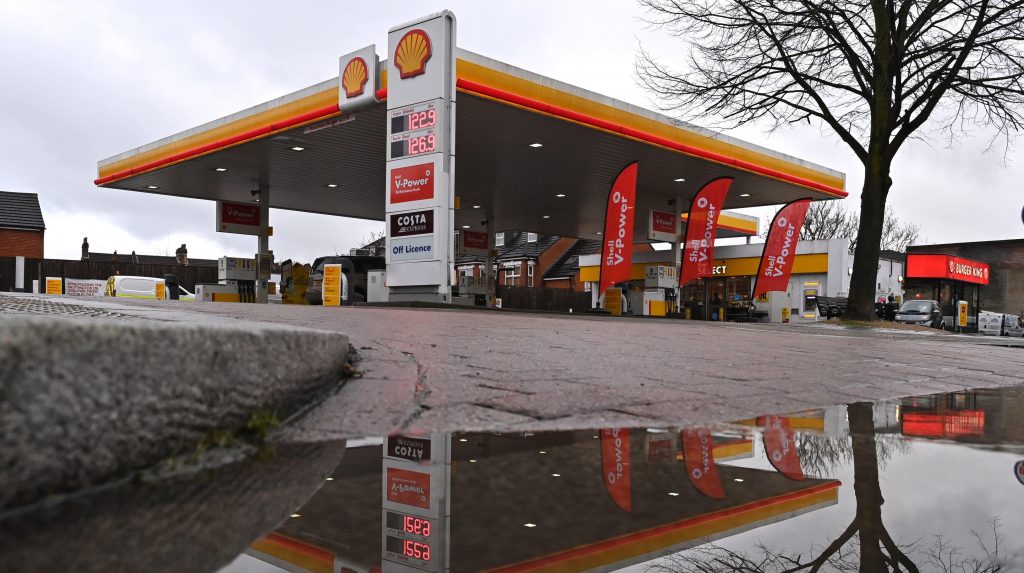
Royal Dutch Shell, one of the supermajor oil companies, said this week that it could confirm it had reached peak oil production in 2019. As in, it thinks it will never produce that much oil ever again.
Shell also said that it thinks its carbon emissions peaked in 2018. Shell revealed both things in a press release on Thursday, meant to convince readers that Shell is doing what it can to not contribute more to climate change.
From Shell’s release, emphasis mine:
- will continue with short-term targets that will drive down carbon emissions as we make progress towards our 2050 target, linked to the remuneration of more than 16,500 staff. This includes a new set of targets to reduce our net carbon intensity: 6-8% by 2023, 20% by 2030, 45% by 2035 and 100% by 2050, using a baseline of 2016;
- expects that its total carbon emissions peaked in 2018 at 1.7 gigatonnes per annum;
- confirms that its total oil production peaked in 2019;
- will seek to have access to an additional 25 million tonnes a year of carbon, capture and storage (CCS) capacity by 2035. Currently, three key CCS projects of which Shell is a part, Quest in Canada (in operation), Northern Lights in Norway (sanctioned) and Porthos in The Netherlands (planned), will total around 4.5 million tonnes of capacity;
- aims to use nature-based solutions (NBS), in line with the philosophy of avoid, reduce and only then mitigate, to offset emissions of around 120 million tonnes a year by 2030, with those we use being of the highest independently verified quality;
[…]
An expected gradual reduction in oil production of around 1-2% each year, including divestments and natural decline.
This was all enough to not satisfy some environmentalists, according to The New York Times, though that is to be expected; until we get to the other side of climate change some things will never be enough. Still, it’s kind of crazy how quickly the oil companies have moved.
Greenpeace UK said in a statement that without specific commitments on production cuts, Shell’s strategy could not succeed or “be taken seriously.” Greenpeace also described Shell’s plans to offset emissions through establishing and protecting forests and wetlands as “delusional.”
[Adam Matthews, director of ethics and engagement of the Church of England Pensions Board] said the increasingly detailed plans on emissions reduction emerging from the European oil companies were a major advance from three years ago, when such discussions were barely underway.
“In that space of time things have moved very significantly,” he said.
This was all enough to not satisfy some environmentalists, according to The New York Times, though that is to be expected; until we get to the other side of climate change some things will never be enough. Still, it’s kind of crazy how quickly the oil companies have moved.
Greenpeace UK said in a statement that without specific commitments on production cuts, Shell’s strategy could not succeed or “be taken seriously.” Greenpeace also described Shell’s plans to offset emissions through establishing and protecting forests and wetlands as “delusional.”
[Adam Matthews, director of ethics and engagement of the Church of England Pensions Board] said the increasingly detailed plans on emissions reduction emerging from the European oil companies were a major advance from three years ago, when such discussions were barely underway.
“In that space of time things have moved very significantly,” he said.
























